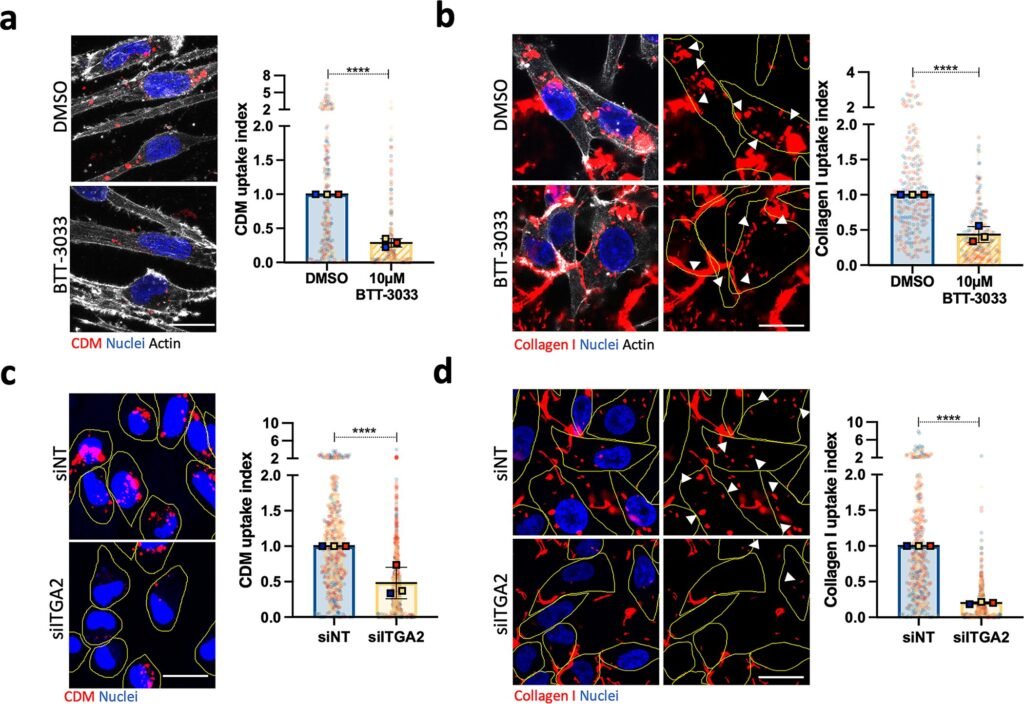Cancer is a daunting health challenge that affects nearly half of the population at some point in their lives. While advancements in treatments have been made, the primary obstacle in combating cancer remains stopping the spread of cancer cells to other parts of the body, a process known as metastasis. Metastasis is responsible for the majority of cancer-related deaths, underscoring the importance of understanding this process to enhance treatment outcomes.
Dr. Elena Rainero and her research team at the School of Biosciences have made a significant breakthrough in unraveling how cancer cells migrate. In a recent study published in PLOS Biology, they focused on the ability of cancer cells from breast, ovarian, and pancreatic tumors to navigate through the body by “eating” their way through the tissue matrix—a supportive scaffold for organs and tissues. By dissecting this process using advanced 3D lab models that closely mimic real tumors, the team identified specific molecules that cancer cells utilize to degrade and navigate through the matrix. These molecules serve as crucial regulators that facilitate cancer cell spread.
Blocking these identified molecules resulted in a substantial reduction in cancer cells’ ability to migrate and invade surrounding tissues. Dr. Rainero emphasizes that the capacity of cells to digest the surrounding matrix is a pivotal characteristic of cancer cells and represents a promising therapeutic target. This discovery could potentially lead to enhanced treatments for breast and pancreatic cancer patients in the future.
Of particular interest is a molecule called a2b1 integrin, one of the regulators identified in the study. Researchers are keen on understanding how inhibiting a2b1 integrin could impede the spread of cancer, especially in breast cancer patients. Dr. Rainero and her team are set to investigate the impact of blocking a2b1 integrin on breast cancer growth and metastasis using a combination of lab-grown cells, patient samples, and animal models. The ultimate goal is to translate these findings into innovative therapies that could benefit cancer patients.
The research findings pave the way for new avenues in cancer treatment, offering hope for improved outcomes and quality of life for patients. By delving deeper into the mechanisms that drive cancer cell migration and spread, researchers are inching closer to developing targeted therapies that can combat metastasis effectively. The ongoing studies led by Dr. Rainero hold promise for advancing the field of cancer research and bringing us closer to more effective treatments for cancer patients.


